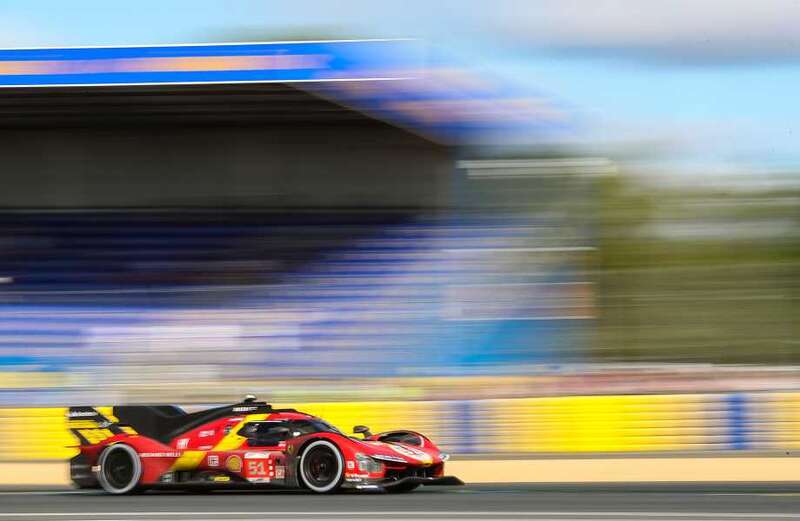LE MANS has a population of 150,000 but every year twice that number pile into the French city, in the shape of motorsport fans.
They come for the world-famous 24-hour race — and this year it celebrated its 100th anniversary.

From Ferrari to Peugeot and Cadillac, the challenge was on to beat perennial winner Toyota.
But with the focus on 24 Hours Of Le Mans event, it is easy to overlook the city’s history and culture, which I took in on a four-day trip ahead of the race.
What’s great about Le Mans is that Brits don’t need to fly to get there.
 From tongue scraping to saying no, here are 12 health trends to try in 2023
From tongue scraping to saying no, here are 12 health trends to try in 2023
The Eurostar took us direct from London to Paris, just a couple of hours drive from Le Mans.
Most race fans coming to France for Le Mans are from the UK, which is fitting for a part of France that in medieval times was ruled from London.
Henry II was born in the city in 1133, and Richard the Lionheart’s wife Berengaria built L’Epau Abbey, for her own burial, on the edge of the city after spending her later life there.
It’s not just its captivating history that makes this place special, either.
In the city centre we met Fabien Degoulet, who in 2015 was voted the world’s best cheesemonger and owns a cheese shop, Fromage Et Ses Amis, right on the river.
Partnering with the local Distil-lerie du Sonneur, he poured local brandies for us to sample that would perfectly wash down his freshly cut cheese — including a delicious one made from hay.
I even came away with a bottle of green tomato liquor, a great accompaniment to creamy feta cheese.
It’s worth taking a cab or hire car to visit the wider Sarthe region too.
We took a 40-minute drive north, into the hills, where we discovered the village of Fresnay-sur-Sarthe.
Tourism is not huge in this region and the many family businesses here offered a window into traditional French country living.
 How to de-clutter if you have a beauty stash to last you a lifetime
How to de-clutter if you have a beauty stash to last you a lifetime
Here we met Pascal Turpin, one of the last blacksmiths in France and one of only six people licensed by the Pope to bring swords to church.
Oh, and he also makes penknives in the shape of Le Mans race cars.
Interestingly, many of Sarthe’s stunning castles are still owned by locals.
One such person is French senator Louis-Jean de Nicolay, who lives at Chateau du Lude and has opened most of the castle to the public for a glimpse into the aristocratic lifestyle.

Nearby Chartre-sur-la-Loir is a village famed for antiques dealers, and a great place to find a bargain.
But in the run-up to Le Mans race, it is the classic cars that pique most interest.
Dozens are parked outside the Hotel de France. Admiring them really built our excitement for the big race the next day.
Given the wealth on display as the Ferraris, Aston Martins and Bentleys roll into rural France, it’s surprising that the 24 Hours Of Le Mans is also a renowned camping event.
But this is no ordinary camping. We stayed at the Silver Tier glampsite — with a view of the racetrack.
The bell tents here come with comfy elevated beds and proper bedding, plus showers and toilets and round-the-clock security.
The race was thrilling as close as it had been for years — and we sat nice and dry at our site while the big screen showed cars sliding about in a monsoon.
This would lead to one of the Toyotas crashing and Peugeot taking a shock lead, to the delight of the locals desperate for a French win.
But it was Ferrari — at Le Mans for the first time in 50 years, for the anniversary — who triumphed.




































